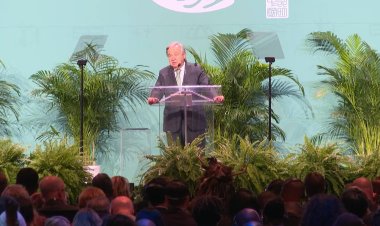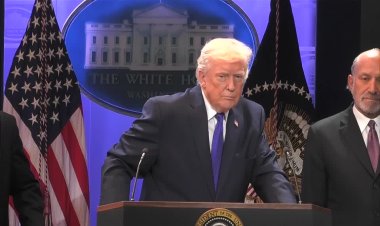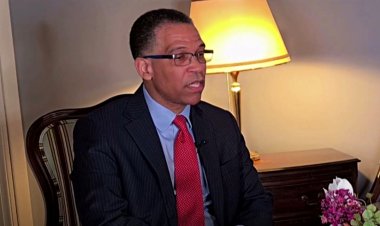Tanzania marks 60 years of independence as fears grow for freedoms

Tanzania marked its 60th independence anniversary on Thursday, with President Samia Suluhu Hassan hailing the country's progress even as fears grow over political freedoms in the East African nation.
The former British colony known as Tanganyika won independence in 1961, officially becoming Tanzania after merging with Zanzibar three years later, and adopting a system of multi-party democracy in 1992.
But in recent years, threats to basic freedoms have increased, particularly under the rule of Hassan's late predecessor, John Magufuli, who presided over a crackdown on the media, activists and free speech.
In an address to the nation on the eve of the anniversary, Hassan said: "The success we have recorded during the last 60 years of independence was powered by democratic administration and rule of law."
"Our country has... a system that allows citizens to exercise their freedom of expression without any disturbance," she said, adding that conditions for journalists had improved, with the number of media organisations increasing from just one in 1961 to hundreds today.
Since Hassan took power in March this year, following Magufuli's death, she has sought to break with some of the policies of her predecessor, who was nicknamed "Bulldozer" for his uncompromising leadership style.
"Magufuli's regime was a real setback for Tanzania," political analyst Aikande Kwayu said.
Kwayu acknowledged that Hassan had taken some important steps since her appointment, including the reversal of a ban on pregnant girls and teenaged mothers attending school.
She also reinstated an outspoken Magufuli critic to cabinet and launched a Covid-19 vaccination campaign, a clear departure from her predecessor who questioned the existence and seriousness of the disease.















